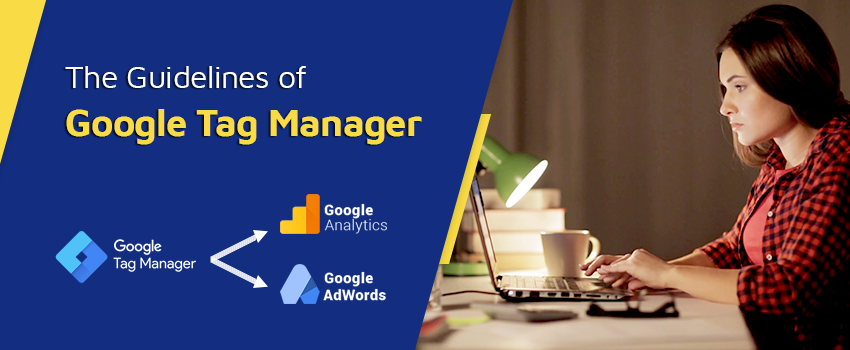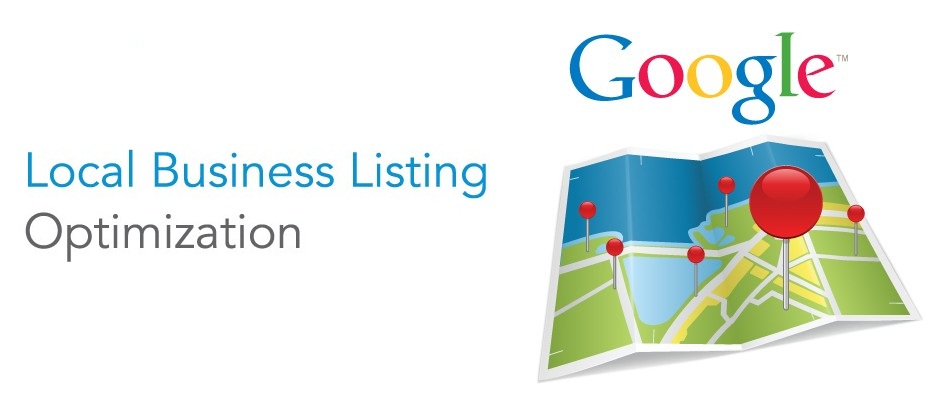Still confused! Is a Canonical URL mandatory for each Web page?
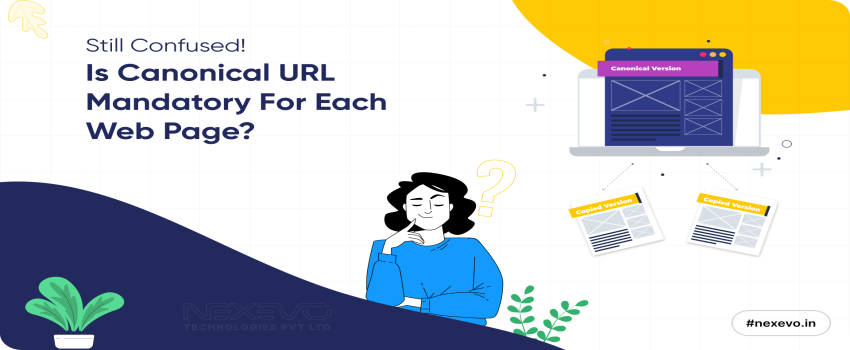
Overview:
Are you not sure and feeling doubtful about canonical URLs and wondering if you need one for every web page or not? Then you’ve come to the right place. Let me clear up this confusion! Let’s take a look at the factors needed for a canonical URL and look into more. Knowing the purpose and need of a canonical URL plays a pivotal role if you are someone who’s managing a business website or a personal blog. This helps maintain SEO integrity and avoids duplicate content issues. Stay tuned till the very end, and get to know everything about canonical URLs and know if you need one.
What is a Canonical URL in SEO?
So what is a canonical URL? consider it as a golden ticket to your website. This is like a route map to your website, which addresses your website’s integrity and prevents any duplicate content. Whether you're building a custom website or wanting to create one, knowledge about Canonical URLs is very important to save your original content and keep your website alive. So, next time, when you're planning to build a website, remember the significance of Canonical URLs which leads search engines to land on your website with ease. This helps you to boost your website’s performance.
Why are Canonical URLs Important?
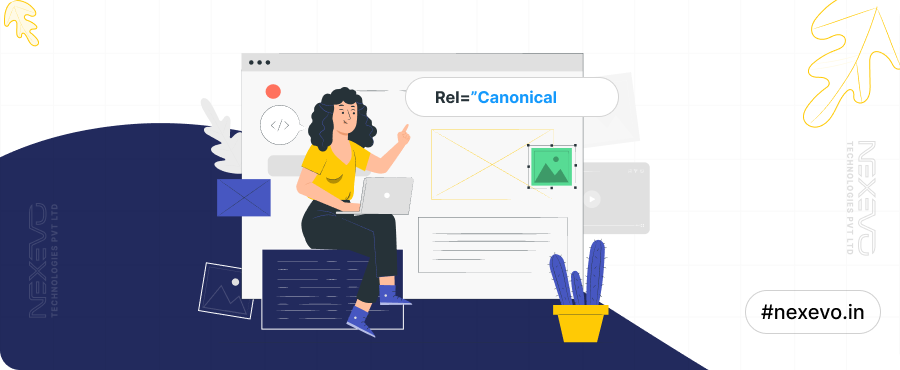
Prevent Duplicate Content: Canonical URLs help in avoiding the same type of content that exists. The same content can confuse the search engines to point out original content. In the end, spoils SEO efforts.
Maintain SEO Value: By giving a specific Canonical URL, you make sure that search engines credit the value of SEO of an original page out of duplicate one, and level up its ranking possibilities.
Enhance User Experience: When search engines display the correct version of your content. This can help the user to find relevant content and user satisfaction.
Improve Website Authority: Using Canonical URLs, you can strengthen the control of your content into one primary URL, this makes your website look more reliable and trustworthy in the vision of search engines.
Boost SEO-Friendly Practices: Applying Canonical URLs is a major aspect of creating an SEO-friendly website, which indicates to the search engines that you're dedicated and capable of producing original and relevant content.
Ensure Proper Indexing: These Canonical URLs lead search engine crawlers to prioritize the preferred version of your content, ensuring that it gets properly indexed and shows up in search results, making it noticeable and expanding its reach.
Is a Canonical URL Mandatory for Each Webpage?
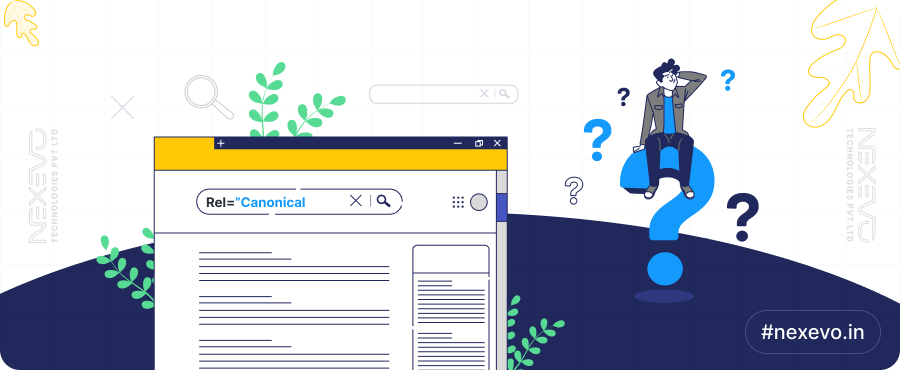
The answer is Yes! By following these simple steps you can make your website thrive well and better.
Avoid Duplicate Content: Though Canonical URLs are important for avoiding any duplicate content, it is not a necessity to all websites.
Consider Website Structure: Depending on your website's structure and the type of content it gives out. some website pages may not need one especially if they are unique and peculiar from other pages.
Evaluate Content Variations: If you have several versions of the same content across different URLs. applying canonical URLs can help you secure link equity and avoid duplicate content issues.
Think about SEO Benefits: Though Canonical URLs allow us to achieve good website practices and SEO. The requirements of it vary according to the structure of your website and its contents.
Consider Different Websites: Different Websites serve different purposes and their functionalities may change, so each web page might have different canonical URLs according to the page's requirements. Analyze each web page individually to consider implementing a canonical URL.
Consult with Experts: Don’t hesitate to consult a web development expert or SEO professional if you’re puzzled about whether you need a canonical URL or not. for your web page.
Optimize for Good Website Advantages: Always, prioritize creating a good website that provides value to users and gives out relevant content in spite of a canonical URL.
How to Implement Canonical URLs?
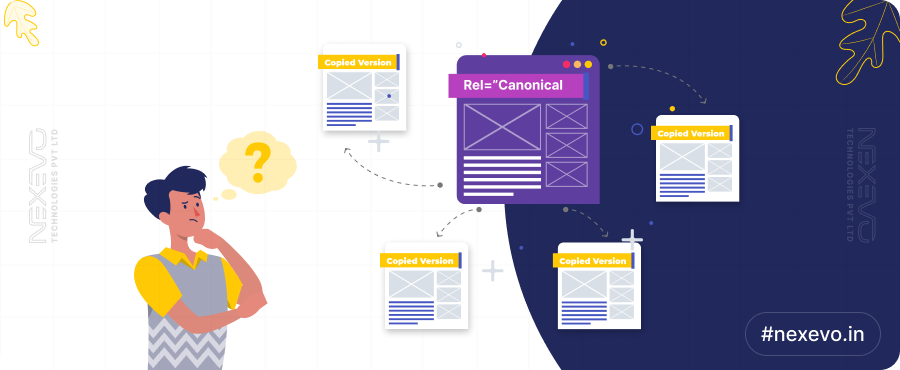
Implementing a canonical URL is an essential part of creating a website for maintaining its integrity which helps you to preserve original content.
Let me explain you how :
HTML Link Element: Add a tag to the section of your webpage's HTML code, specifying the canonical URL.
HTTP Header: Set the "canonical" HTTP header in your server's response to specify the canonical URL for the requested web page.
Content Management Systems (CMS): If you're using a CMS platform like WordPress or Drupal, plugins are available to automatically add canonical tags to one’s web page.
Website Quality: Implementing Canonical URLs helps you to manage any duplicate content but also contributes in uplifting the overall quality of your website as well.
Increase Website Speed: By merging duplicate content under a single canonical URL, server load can be lessened helps you to improve website speed, and make it a user-friendly website for your visitors.
To-Wrap up:
To sum it up, a canonical URL can vary depending on the website's purpose, and type of content it serves, and also the structure of it. Awareness of its importance in SEO is critical. If you are someone who’s managing a personal blog or a business website and wants to manage any duplicate content. Implementing canonical URLs can help you maintain SEO integrity, enhance website quality, and help to preserve original content. consider expert advice on optimizing your website and improving its search engine performance. Give a thought on approaching the best SEO service providers without hesitation who can provide a wide range of digital marketing services. And can help you to move forward with the right strategies in place. With this, you can make sure that your web page ranks well in a search result and can trigger more organic traffic effortlessly.
Now that you are clear about canonical URL and its needs, get started today to level up your web page !!!
Related to this
Let's Discuss Your Project





